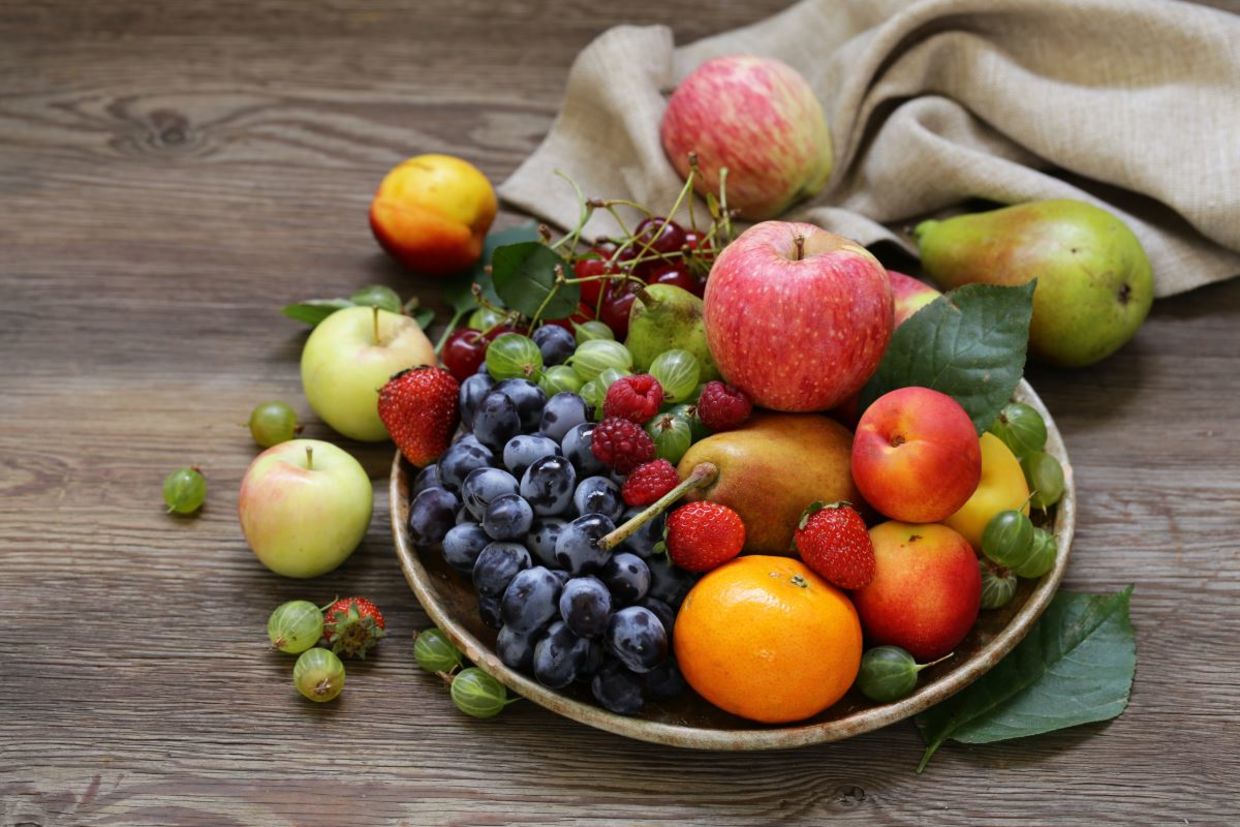
(Dream79 / Shutterstock.com)
You’ve probably always been told to eat your fruits and vegetables because they contain nutrients that your body needs. But did you know that the peels are packed with vitamins, minerals, fiber, and other important compounds like antioxidants, according to Healthline. But so many perfectly edible peels end up being thrown away.
The best way to get the most nutrition from your produce is to eat the peels. Many are no-brainers but some fruits like kiwi have edible peels, and the peels from citrus can be used for zesting. Of course, some foods have peels that cannot be consumed like avocado or honeydew melon, some have to be cooked, and some are just too difficult to chew and digest like pineapples. Here is a selection of fruits or veggies that are best left unpeeled:
Potatoes
Potatoes are commonly peeled before cooking but they shouldn’t be. That’s because 30-40 percent of the fiber in potatoes is in the skin, according to mindbodygreen. Fiber is essential for your gut health because it supports a healthy microbiome and aids digestion. Instead of peeling the skin, gently wash with water and a vegetable brush before using. You can also eat the peels of sweet potatoes.
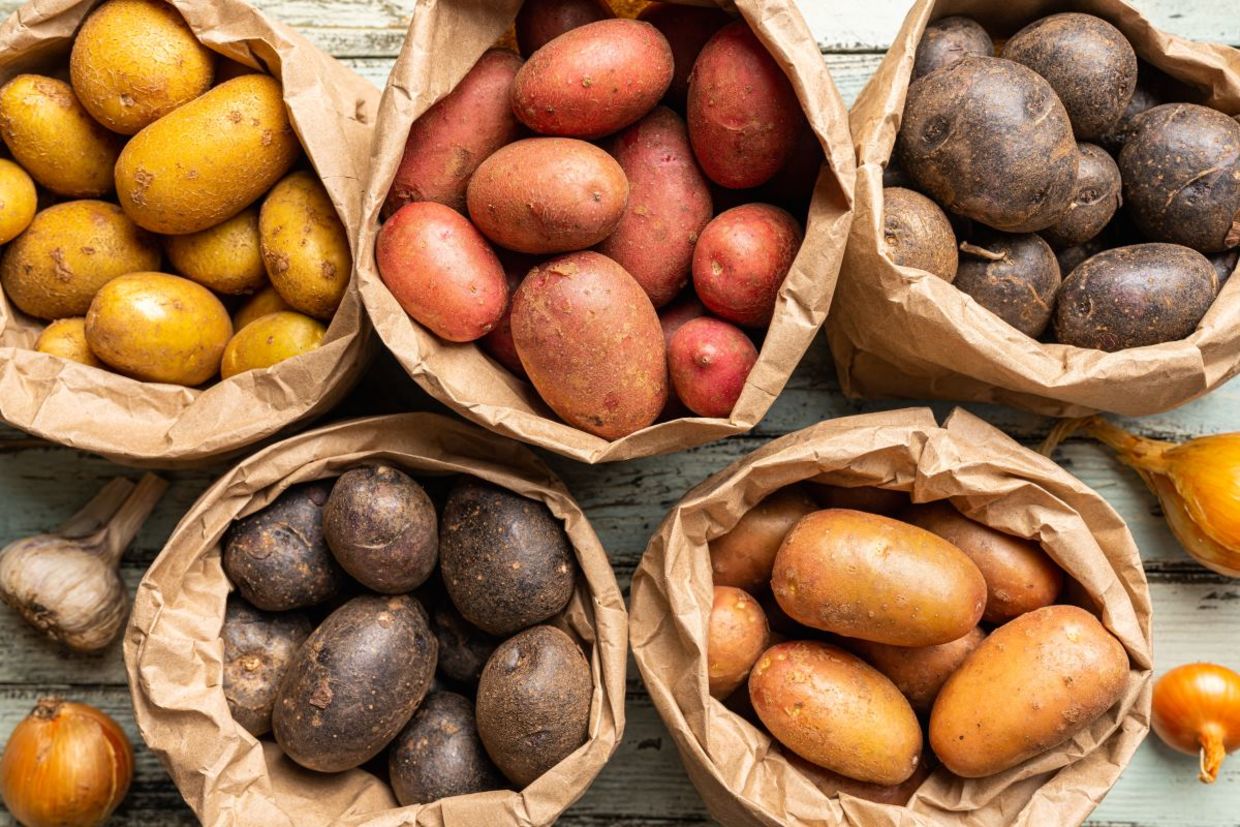
(Goskova Tatiana / Shutterstock.com)
Apples
Apple skins contain 45 percent of the fiber found in the fruit and they are high in pectin, vitamins, and the antioxidant quercetin. But make sure you wash the skins because apples are a high pesticide fruit or buy organic. You can even leave the peels on for apple pies and other baked goods,
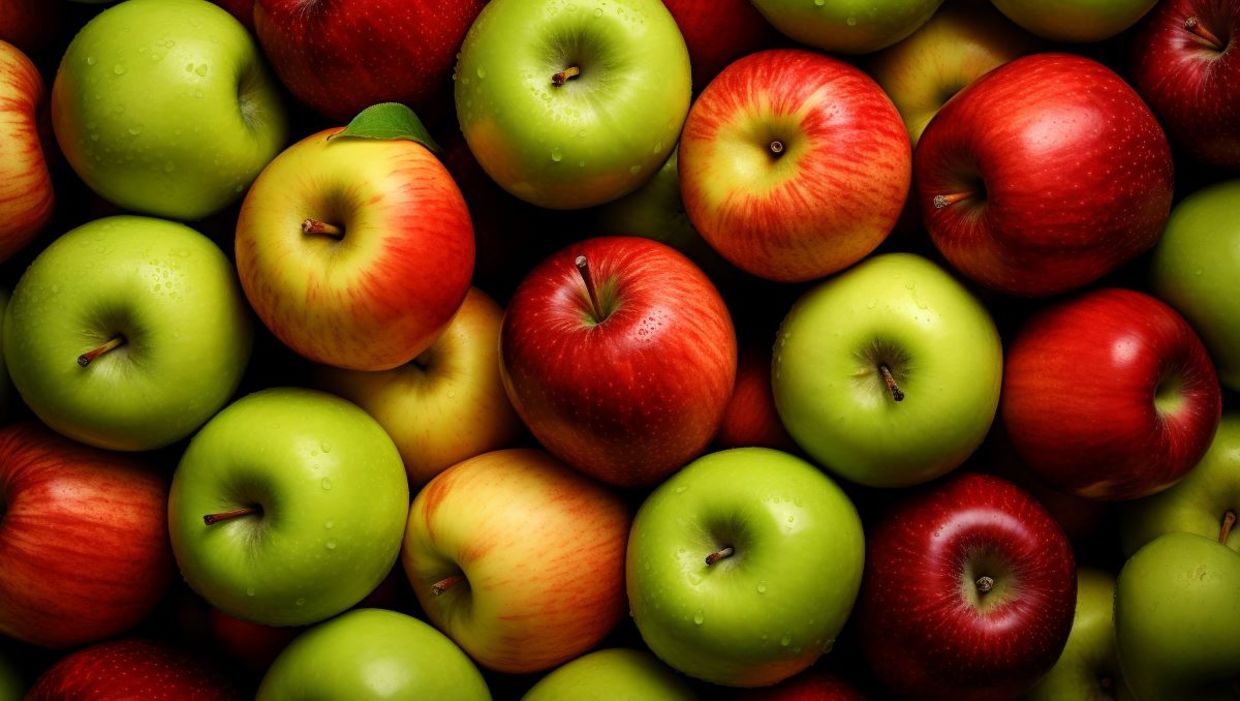
(Pavel Sneznyj / Shutterstock.com)
Carrots
Another vegetable that is usually peeled but shouldn’t be is carrots. While the peels may be a little bitter, most of the nutrients and important antioxidants like carotenoids are contained in them. Root vegetables, like carrots, parsnips, parsley, and beetroot (cooked) have to be washed thoroughly before eating.
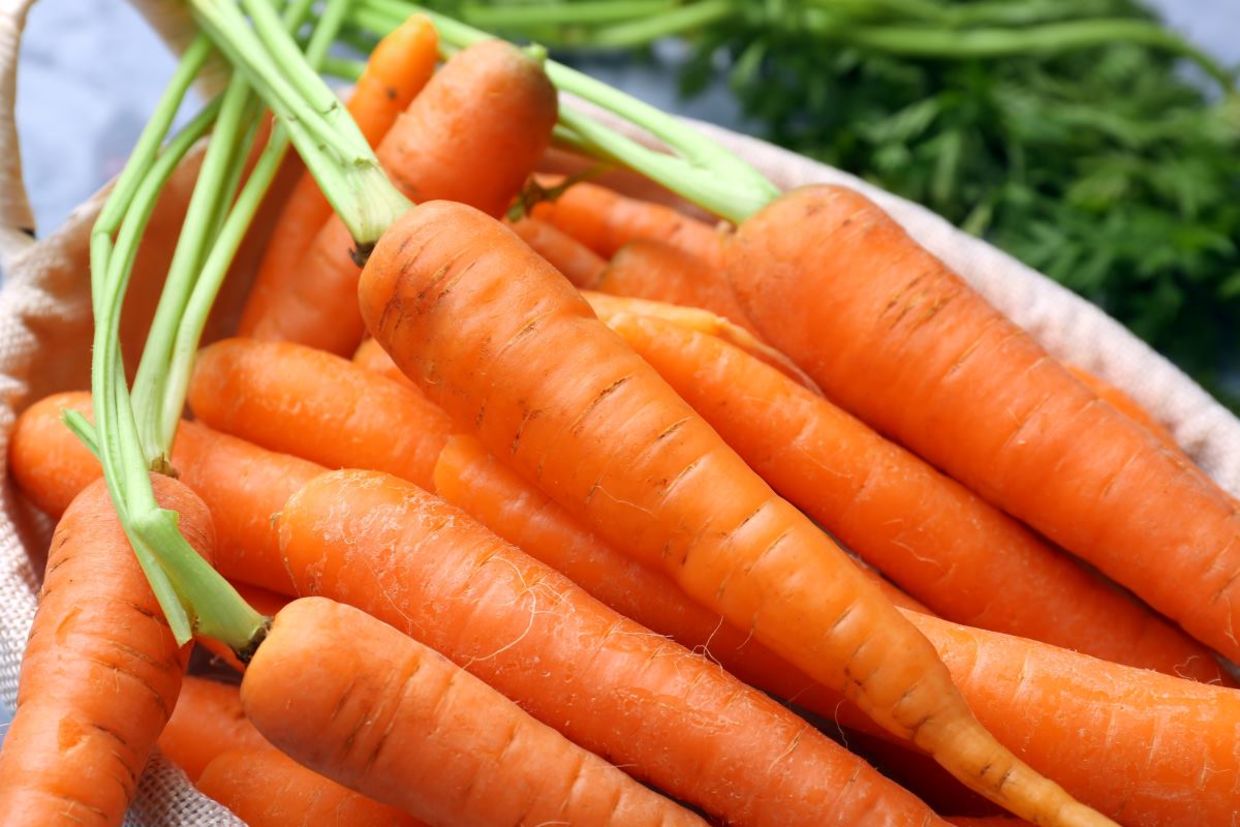
(Pixel-Shot / Shutterstock.com)
Grapes
Grapes, cherries, and berries do not ever have to be peeled, stresses The Healthy. Besides being extremely difficult to peel, the skins contain a large amount of nutrients and antioxidants. This is especially the case for grapes which contain the highest amount of antioxidants in the skin.
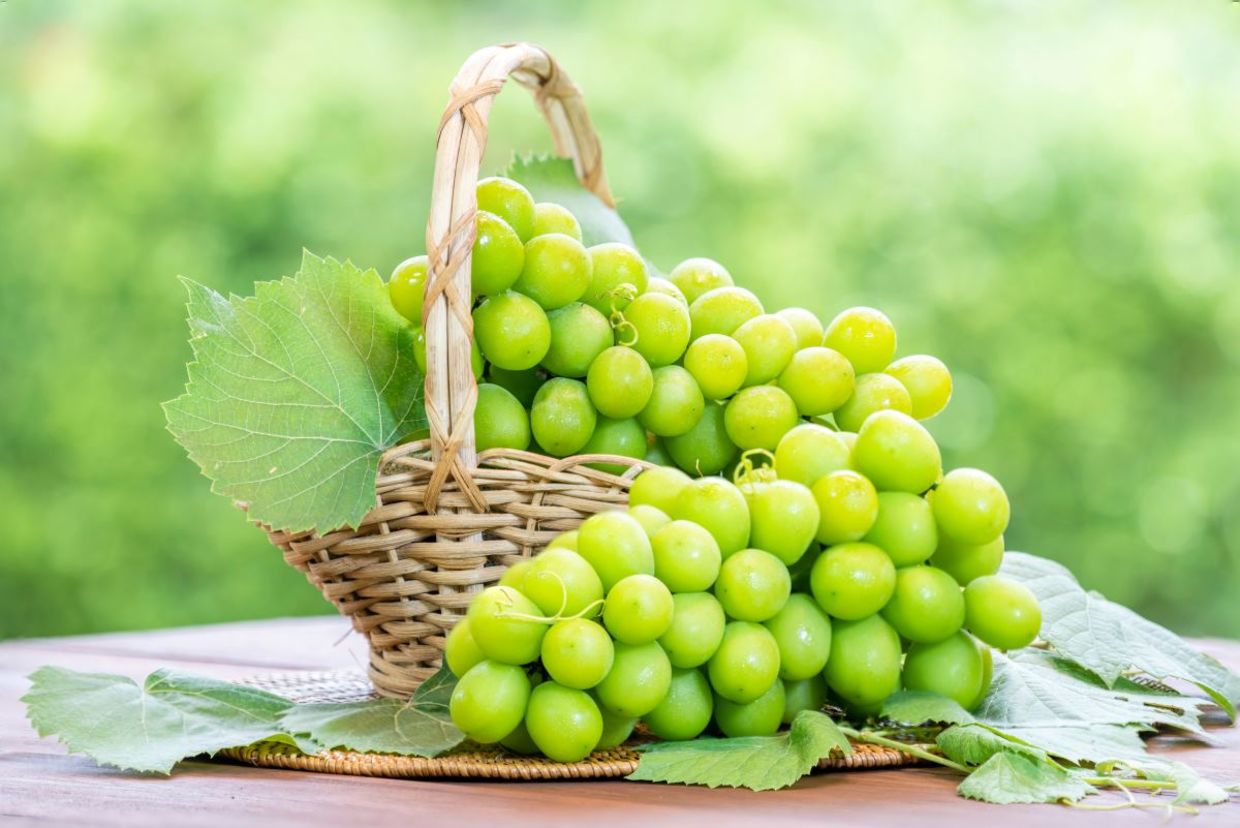
(KT Studio / Shutterstock.com)
Cucumbers
The peels of cucumbers are chock full of vitamin K, potassium, and fiber. That’s why you should eat them with the skins in salads and for pickling. Cucumber peels sometimes have a waxy feel, so make sure you wash before eating.
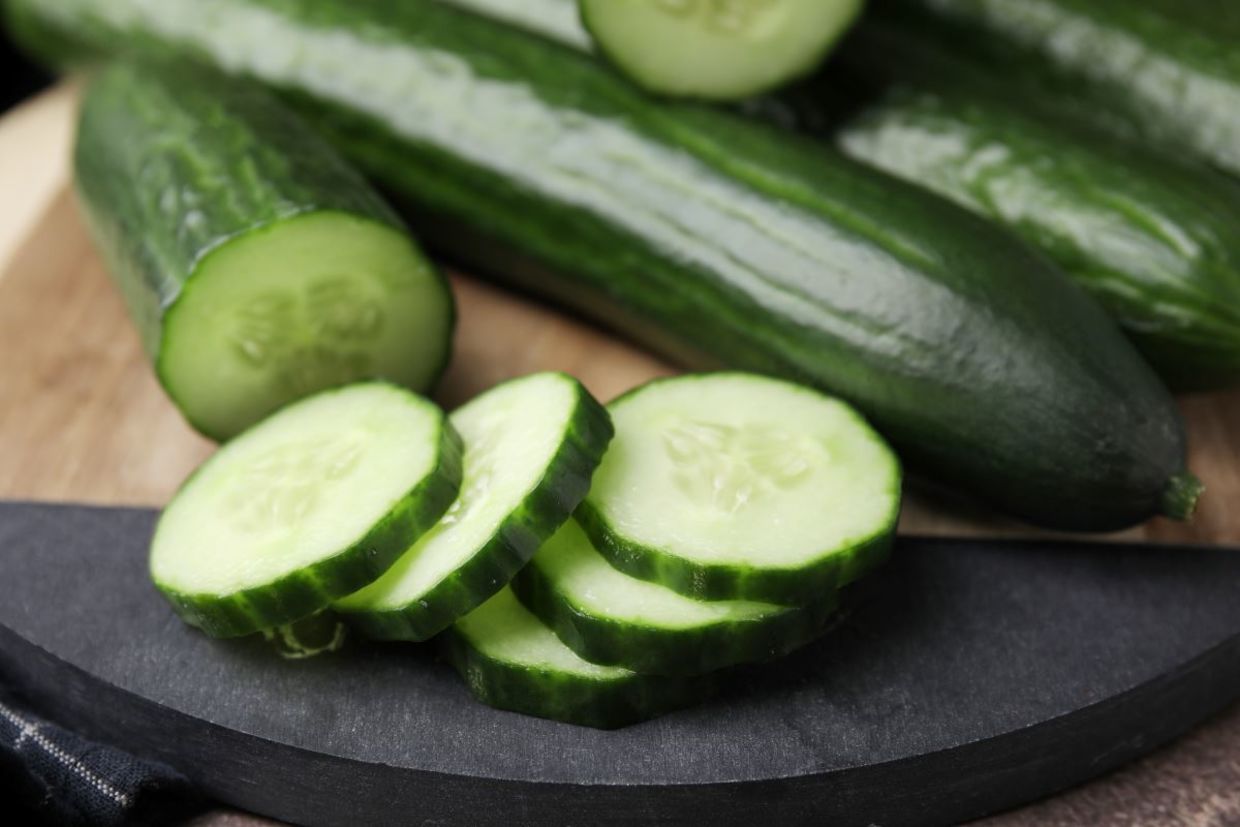
(New Africa / Shutterstock.com)
Peaches
Peaches, as well as other tree fruits, contain a large amount of nutrients, fiber, and antioxidants in their skins. Many people peel peaches because of the texture, but you should resist the urge. However, because peaches are part of the dirty dozen foods due to the heavy use of the use of pesticides, make sure you wash thoroughly or buy organic.
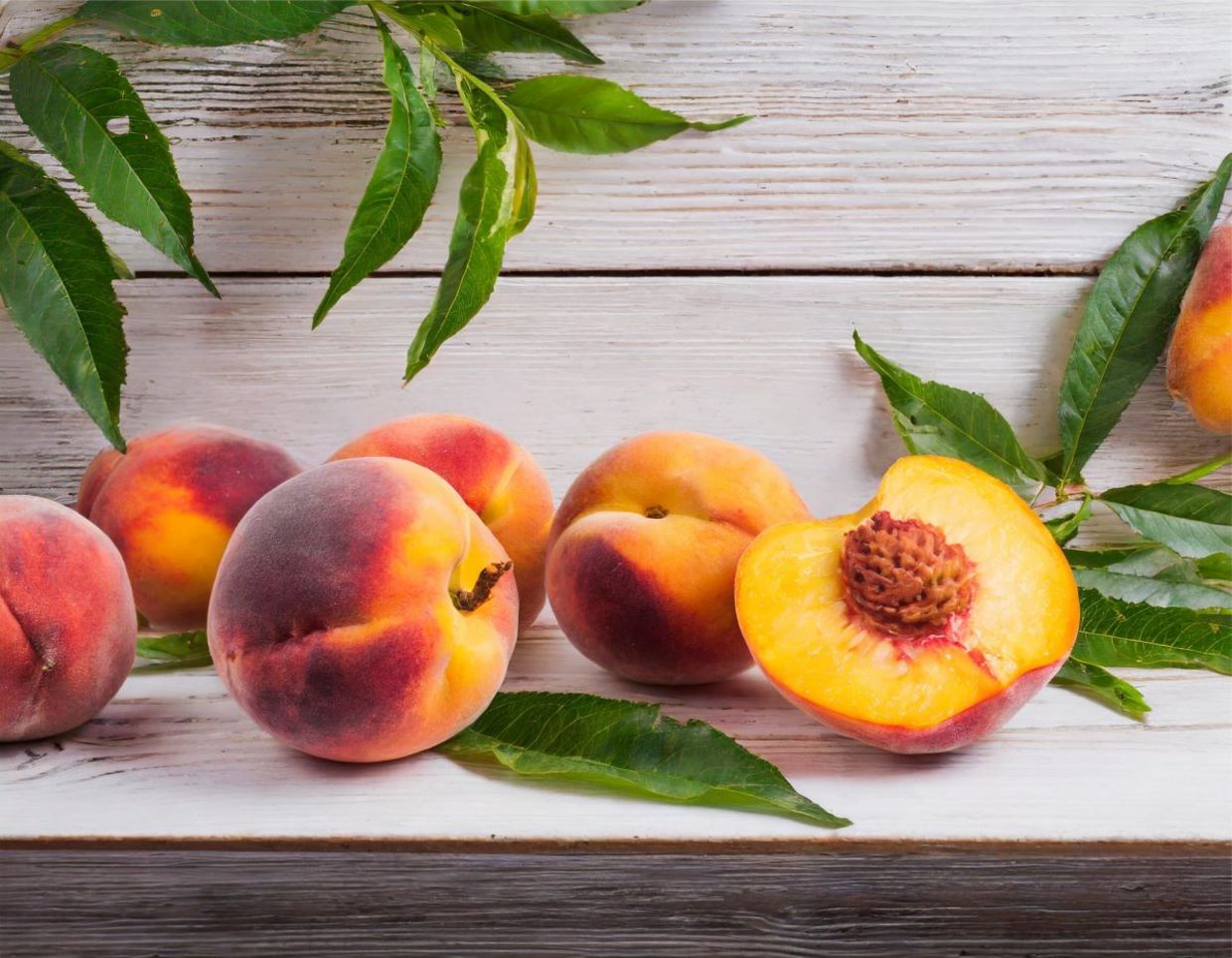
(USMANboy / Shutterstock.com)
Eggplant
Keep the skin on eggplant because it is loaded with iron, potassium, fiber, vitamin C, and folate. Another reason not to peel is because of the high-water content of eggplant; a whopping 92 percent. The peel becomes less bitter when thoroughly cooked.
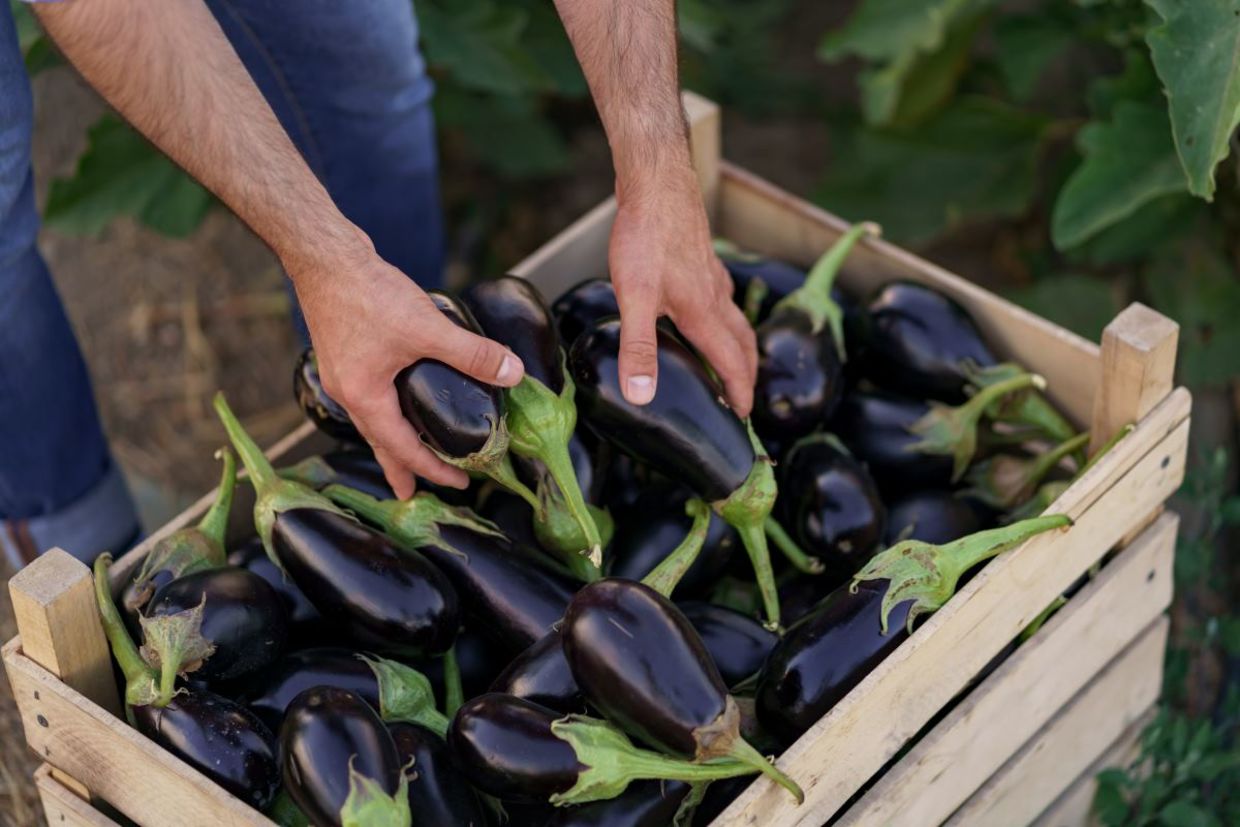
(diignat / Shutterstock.com)







